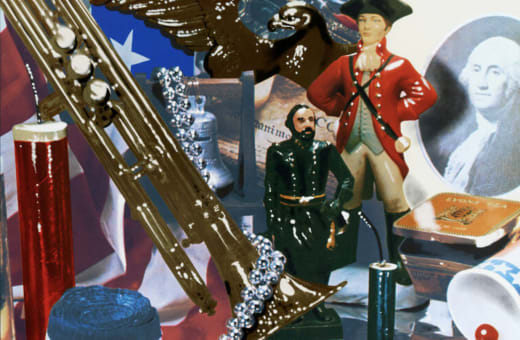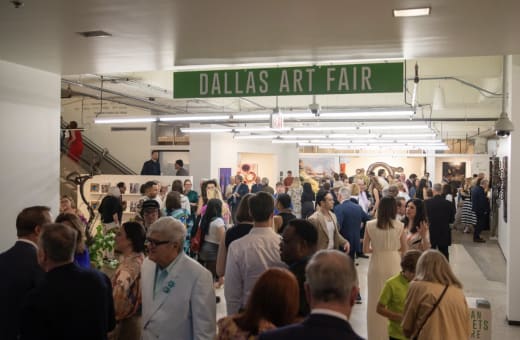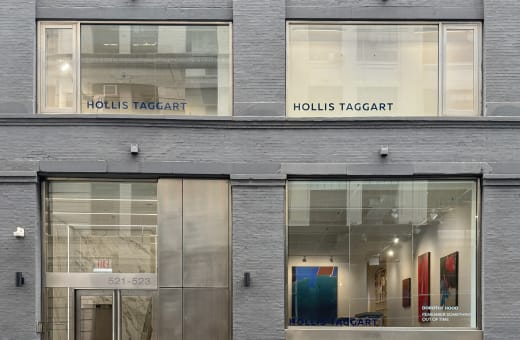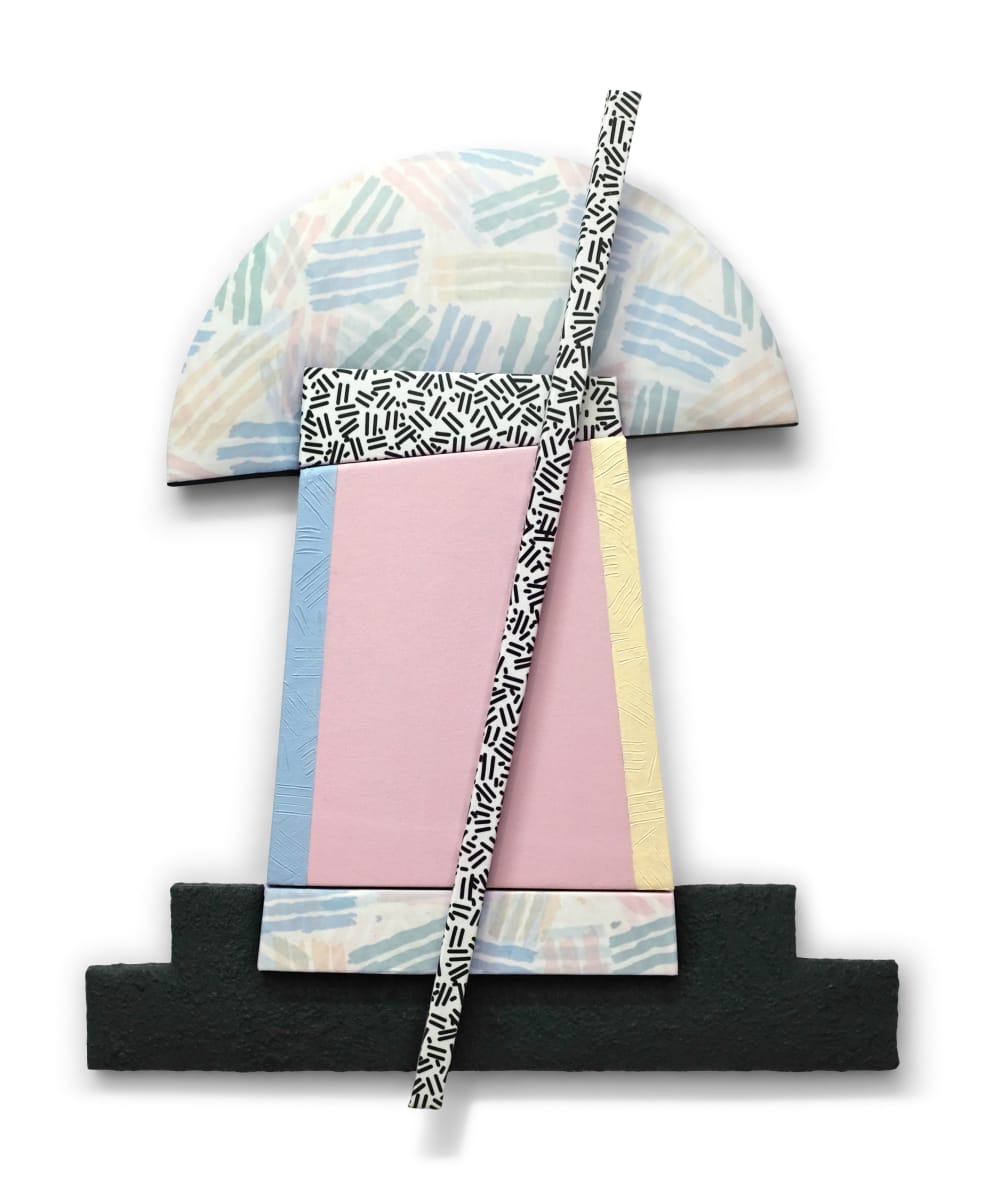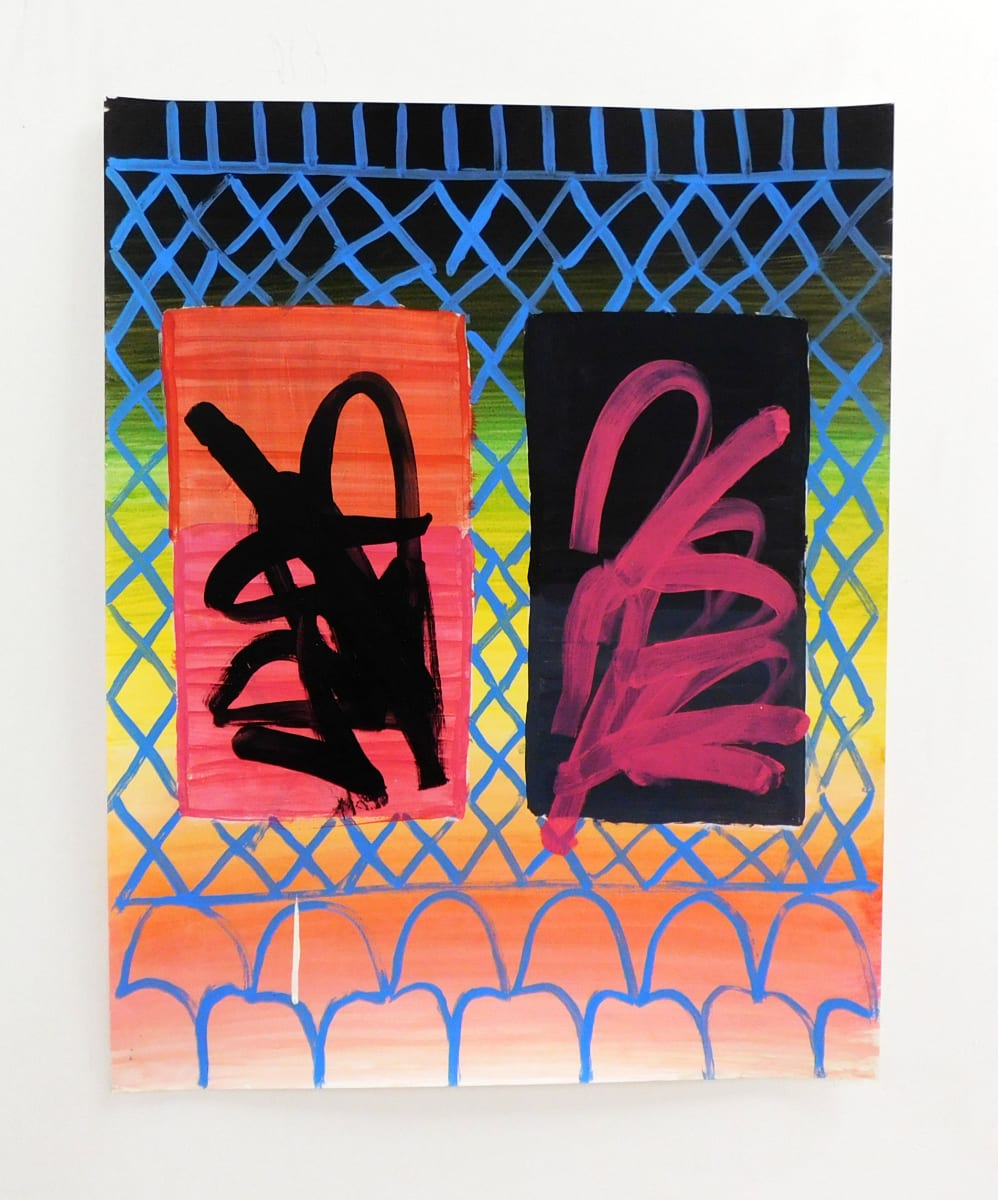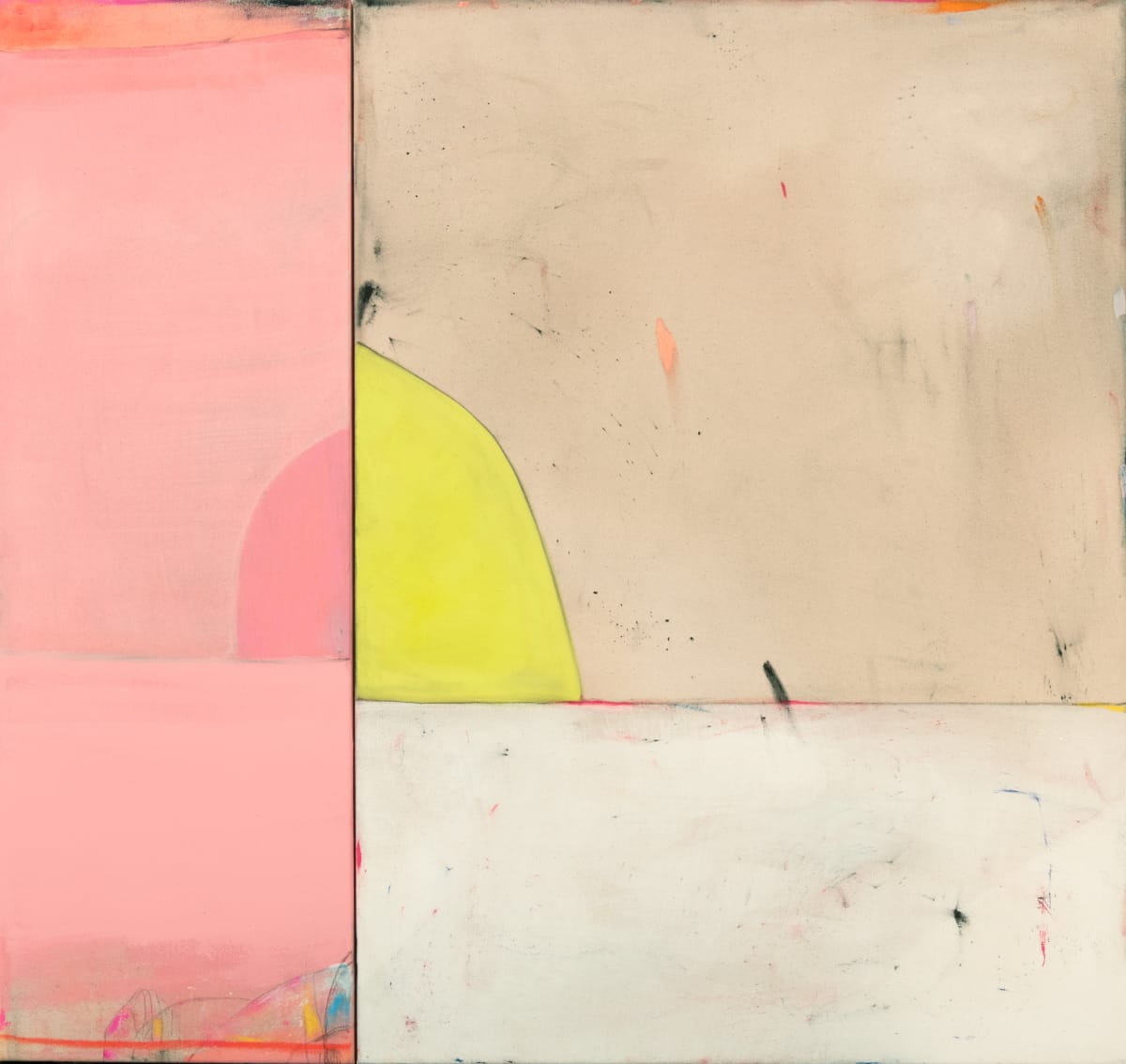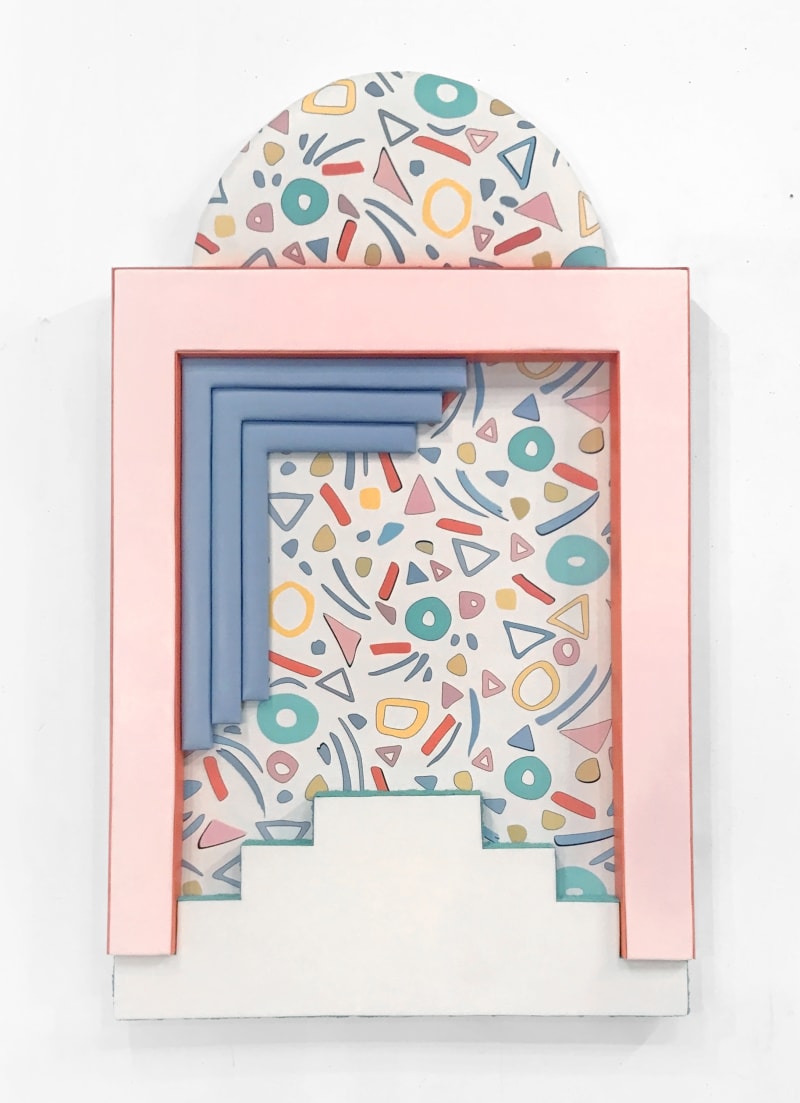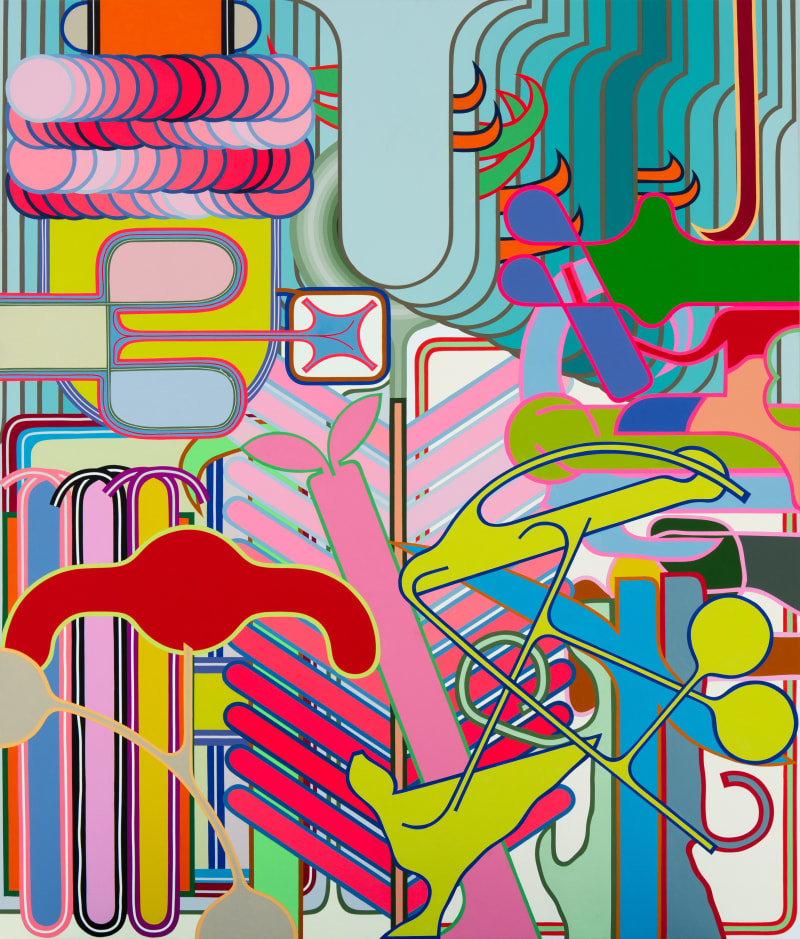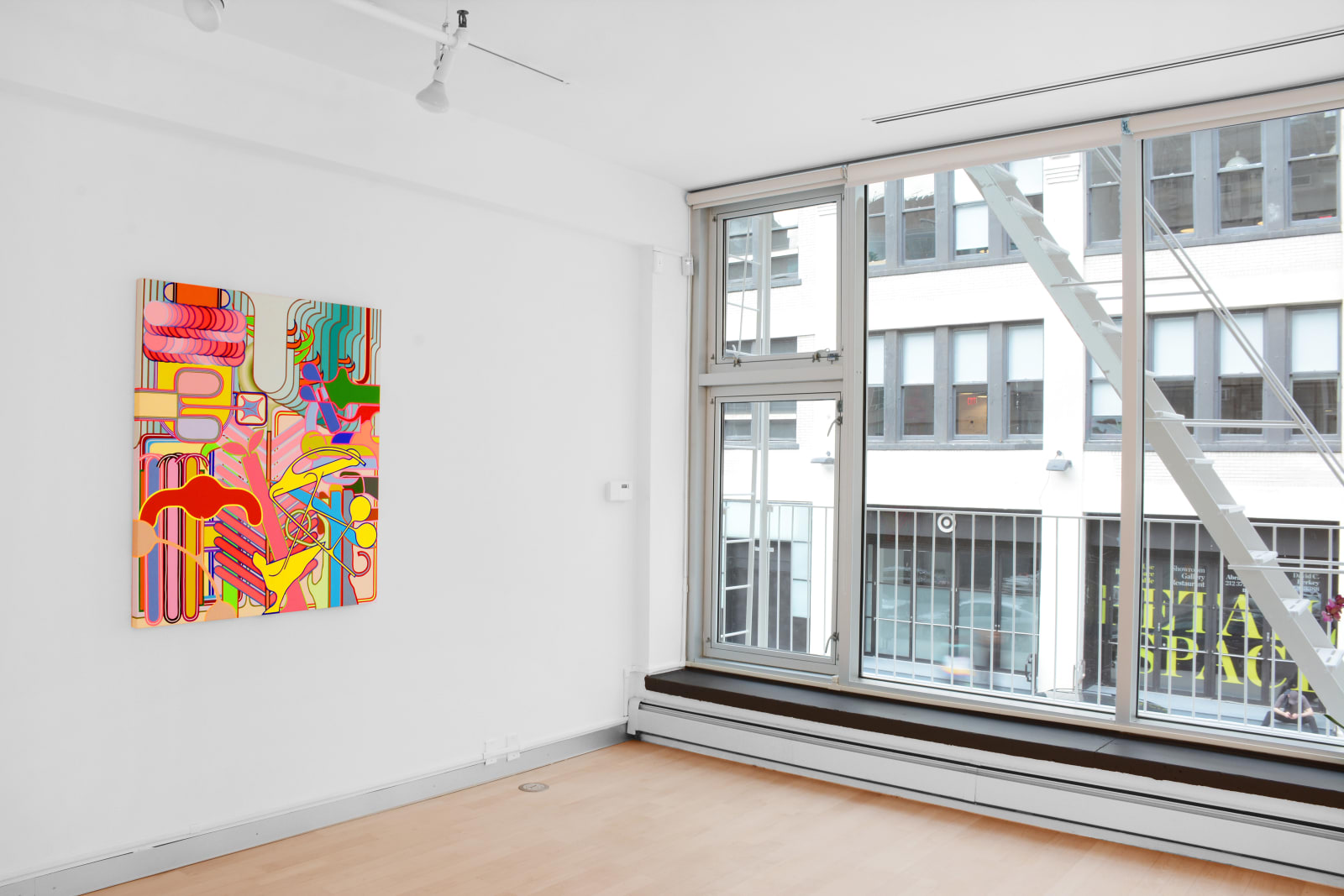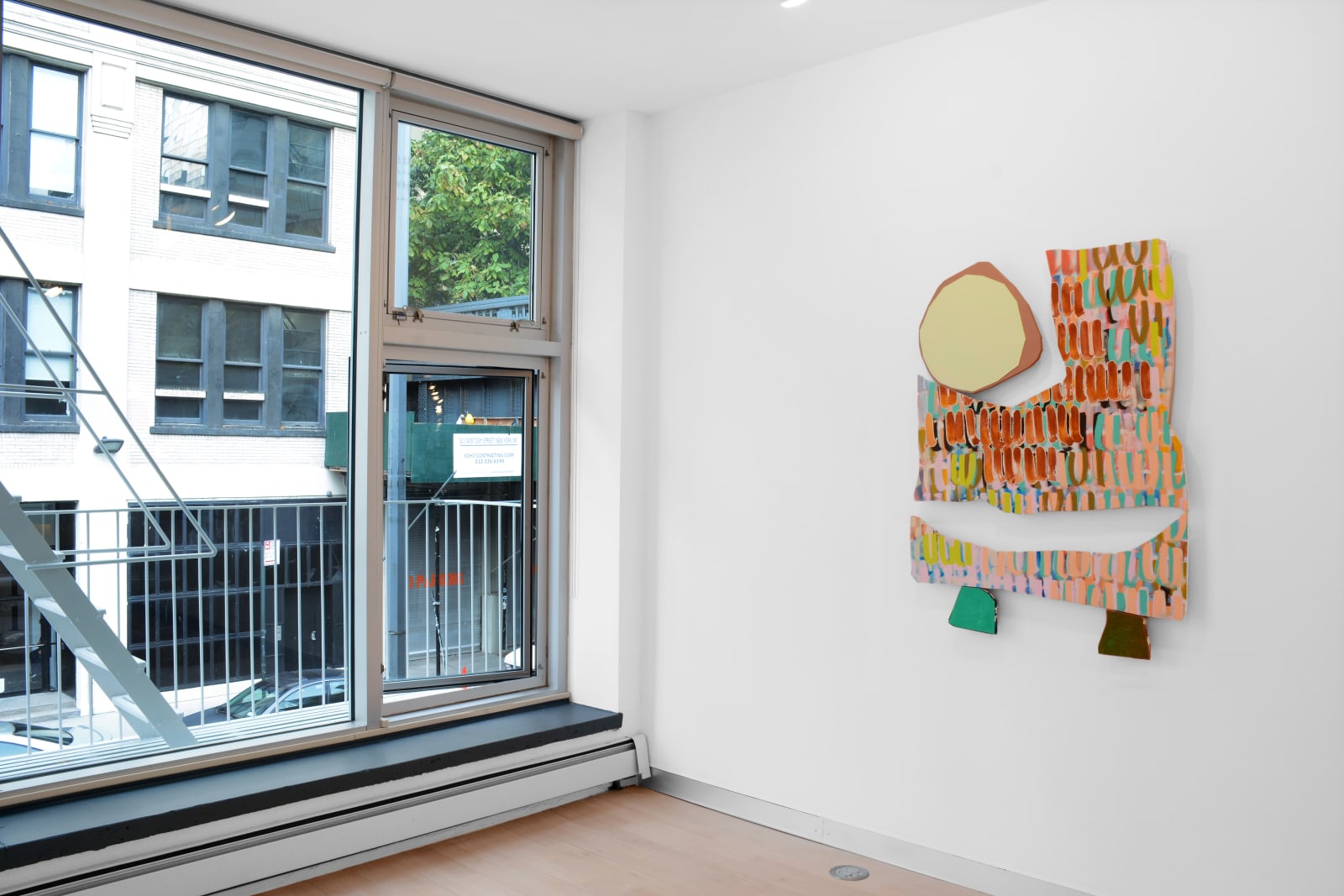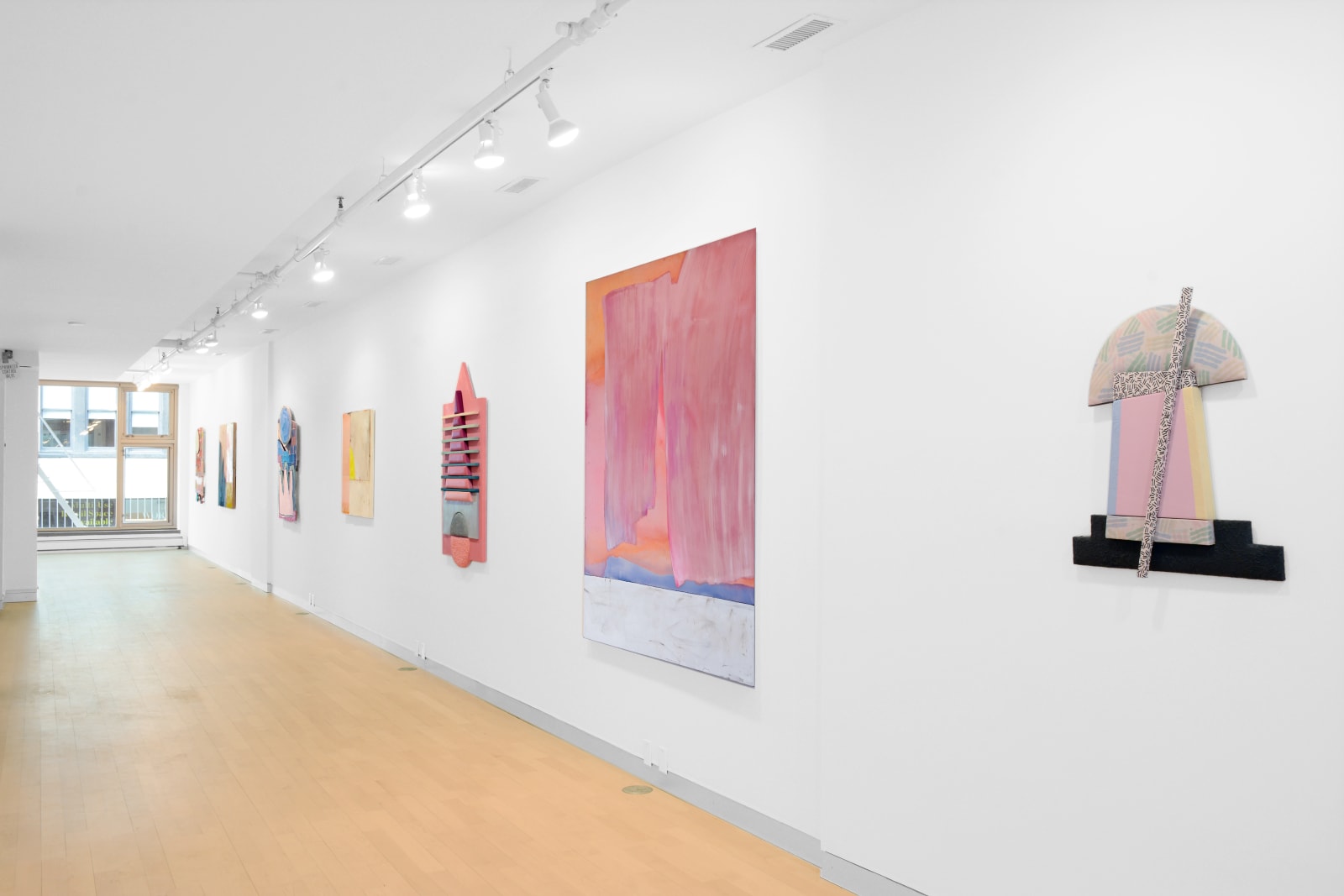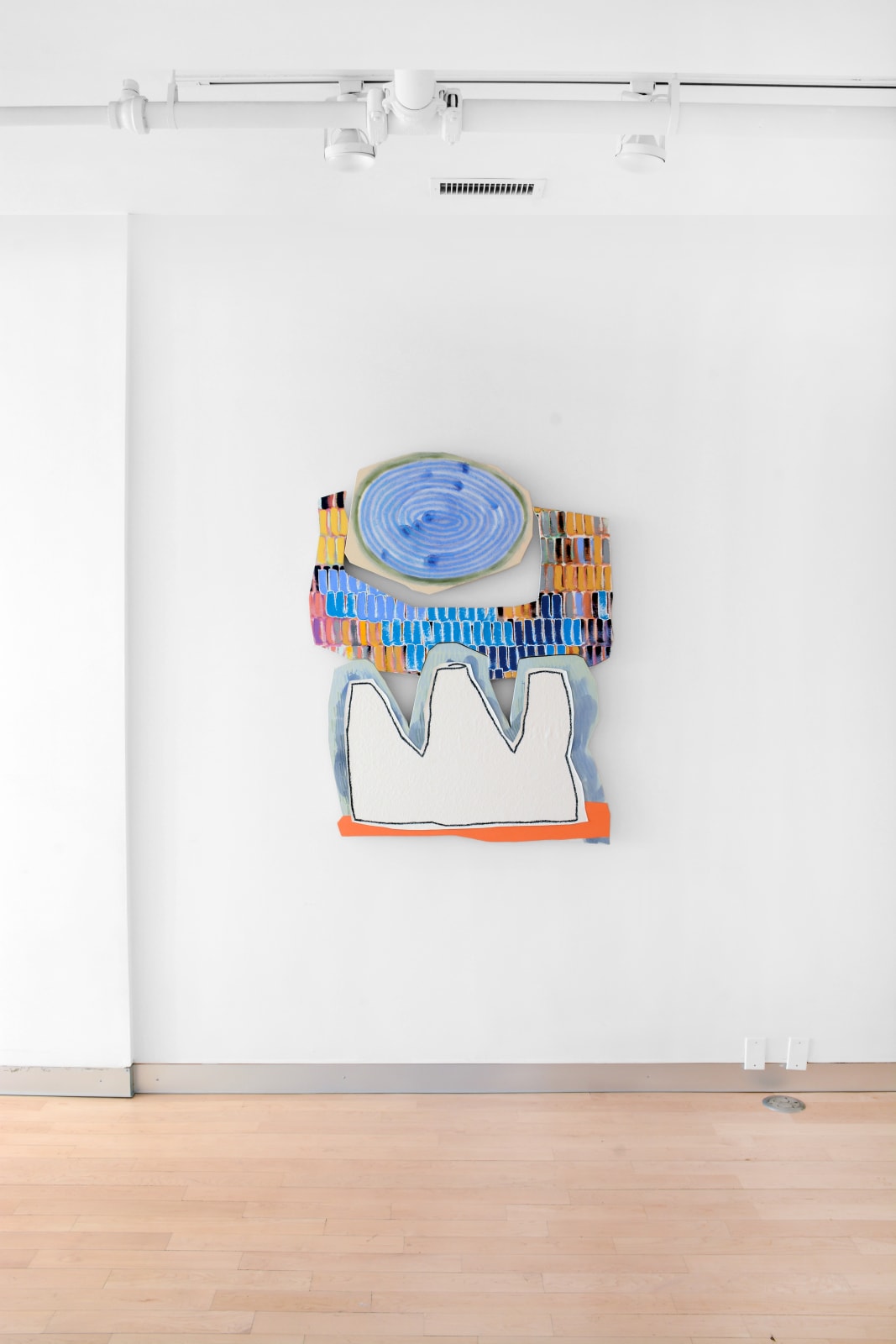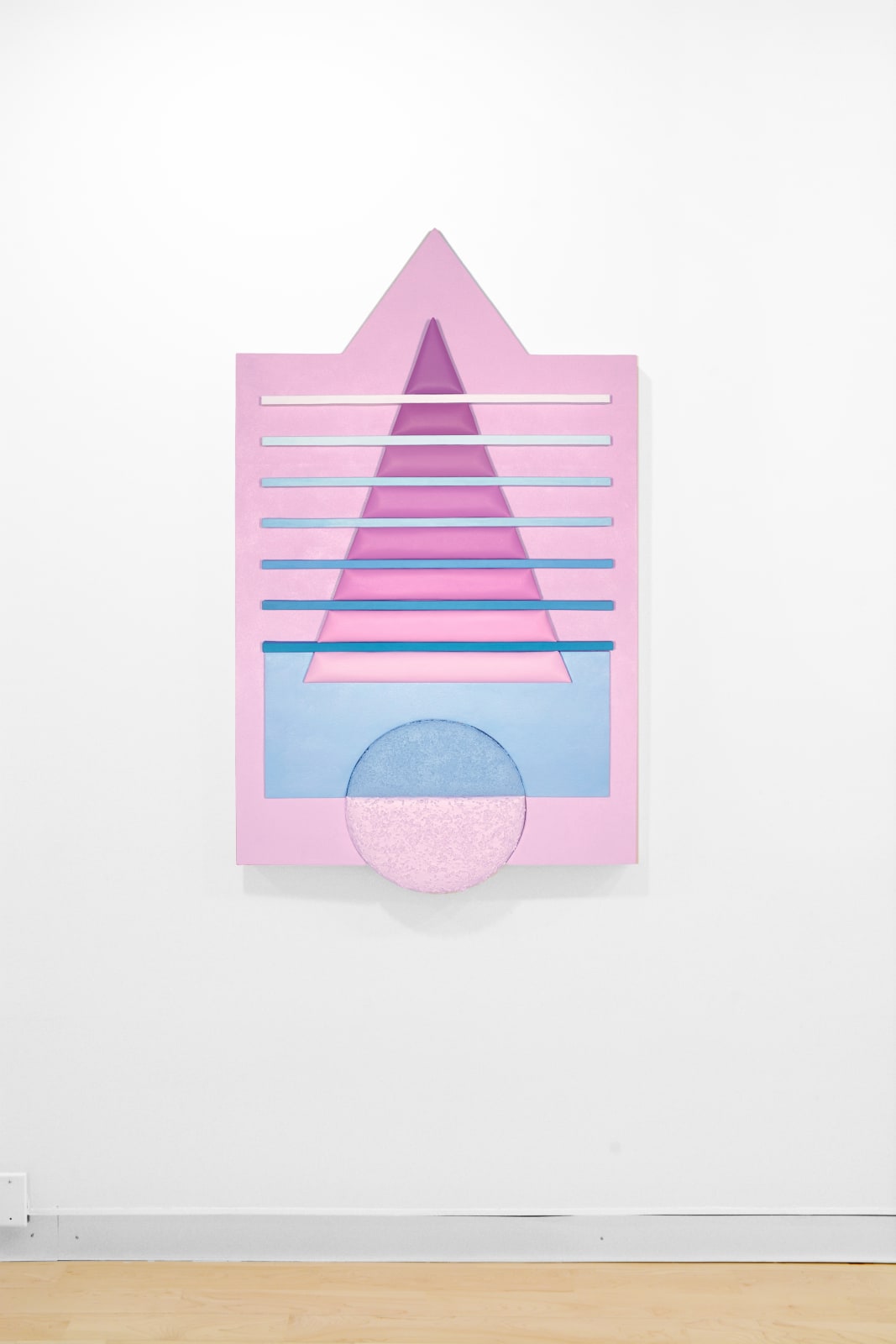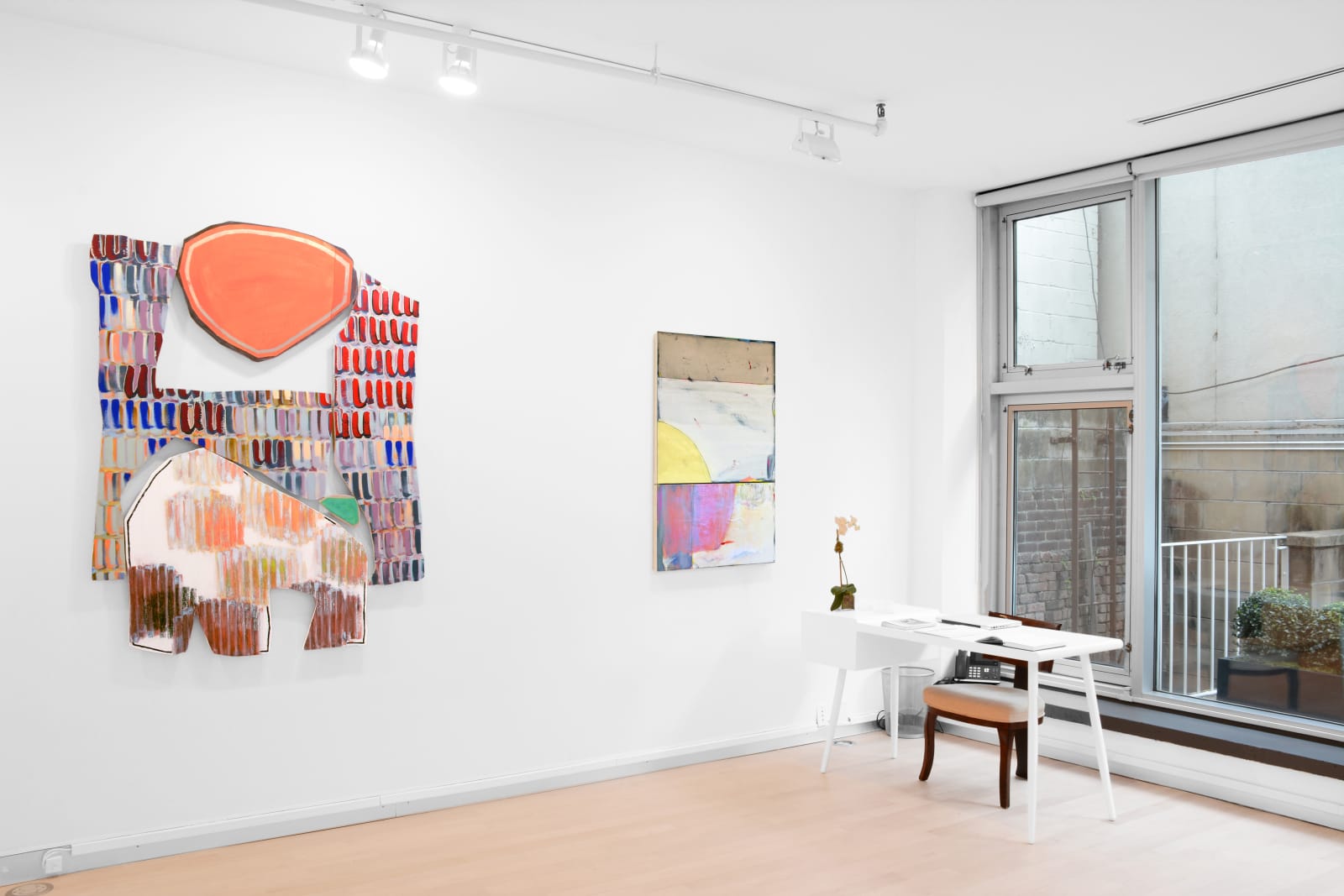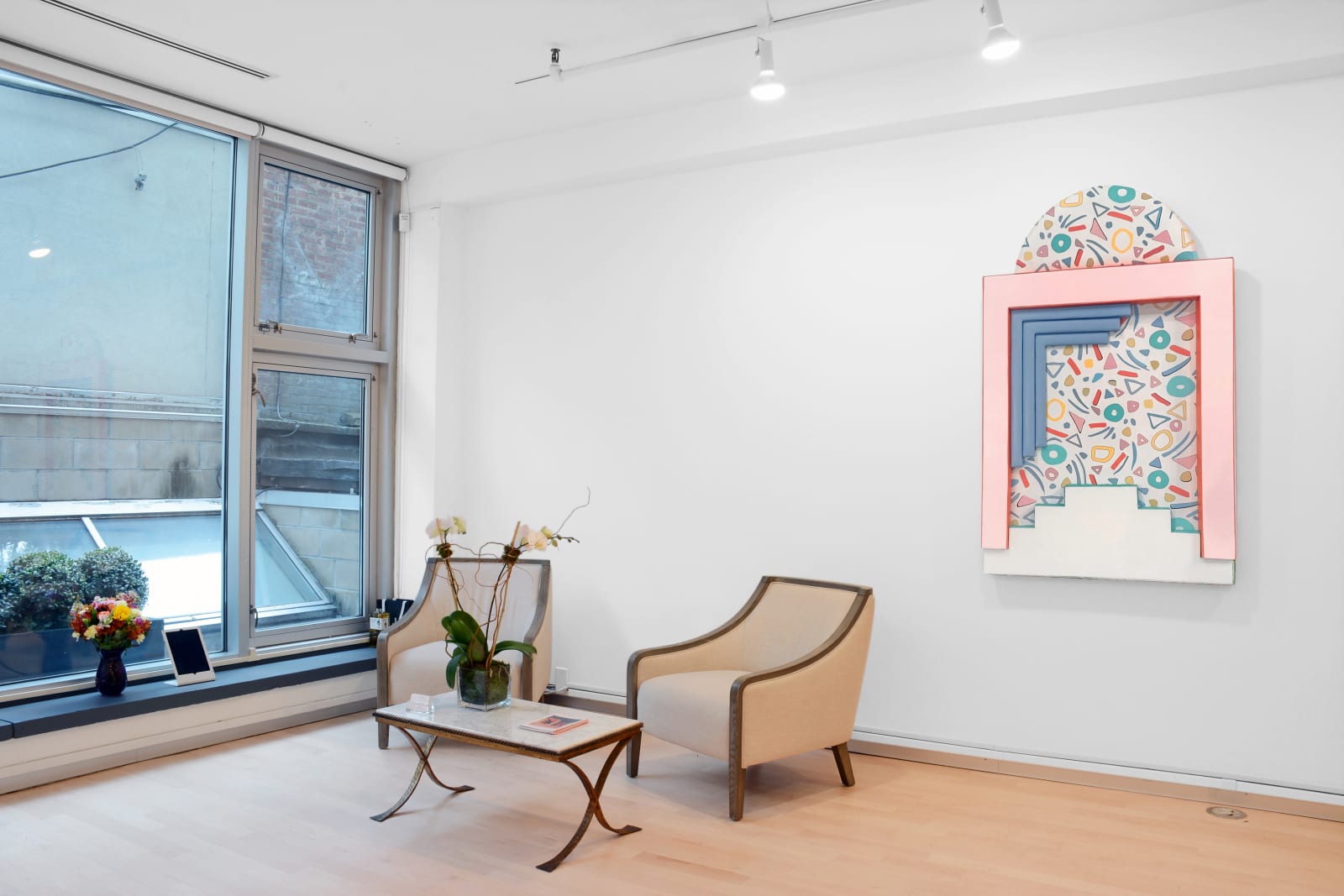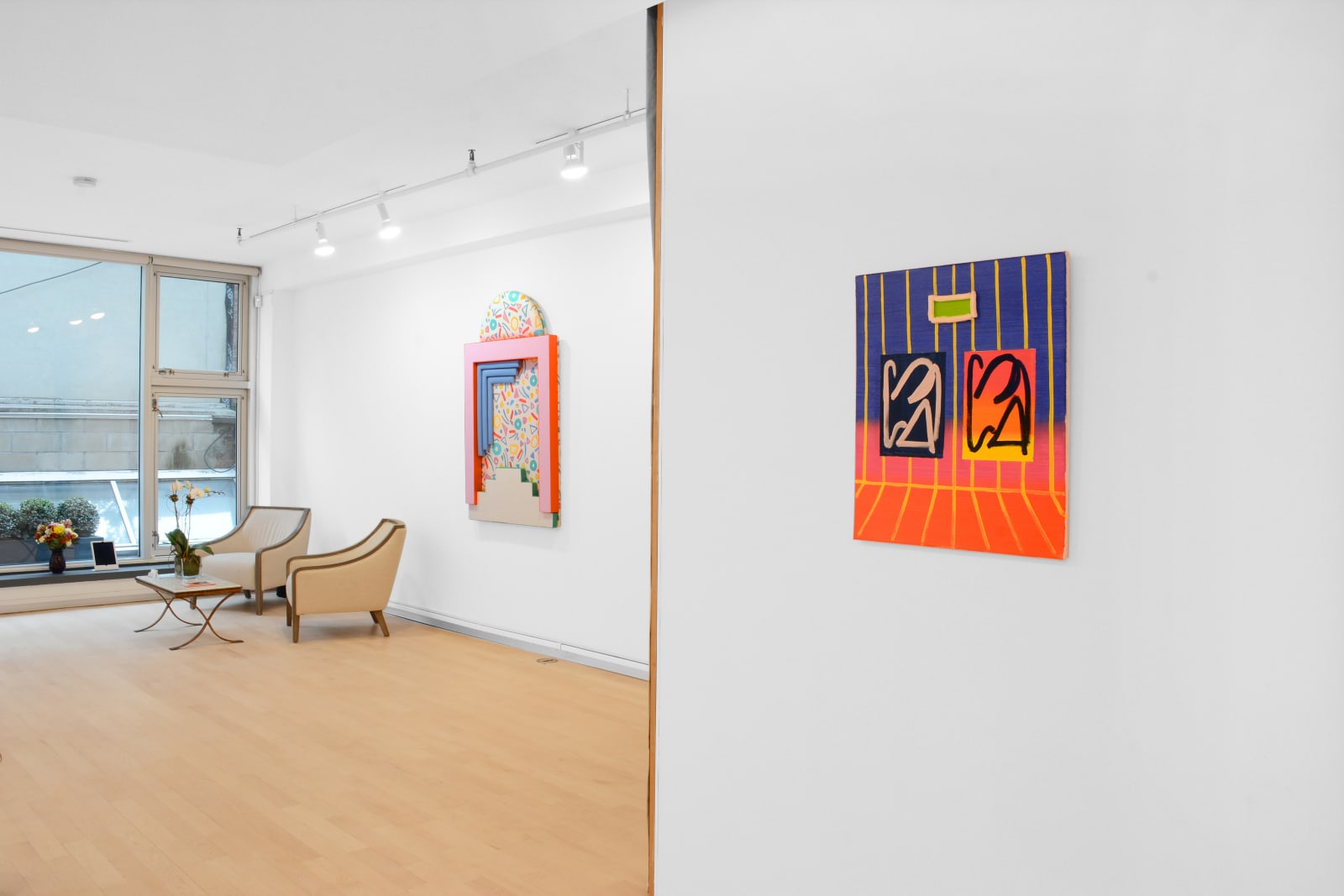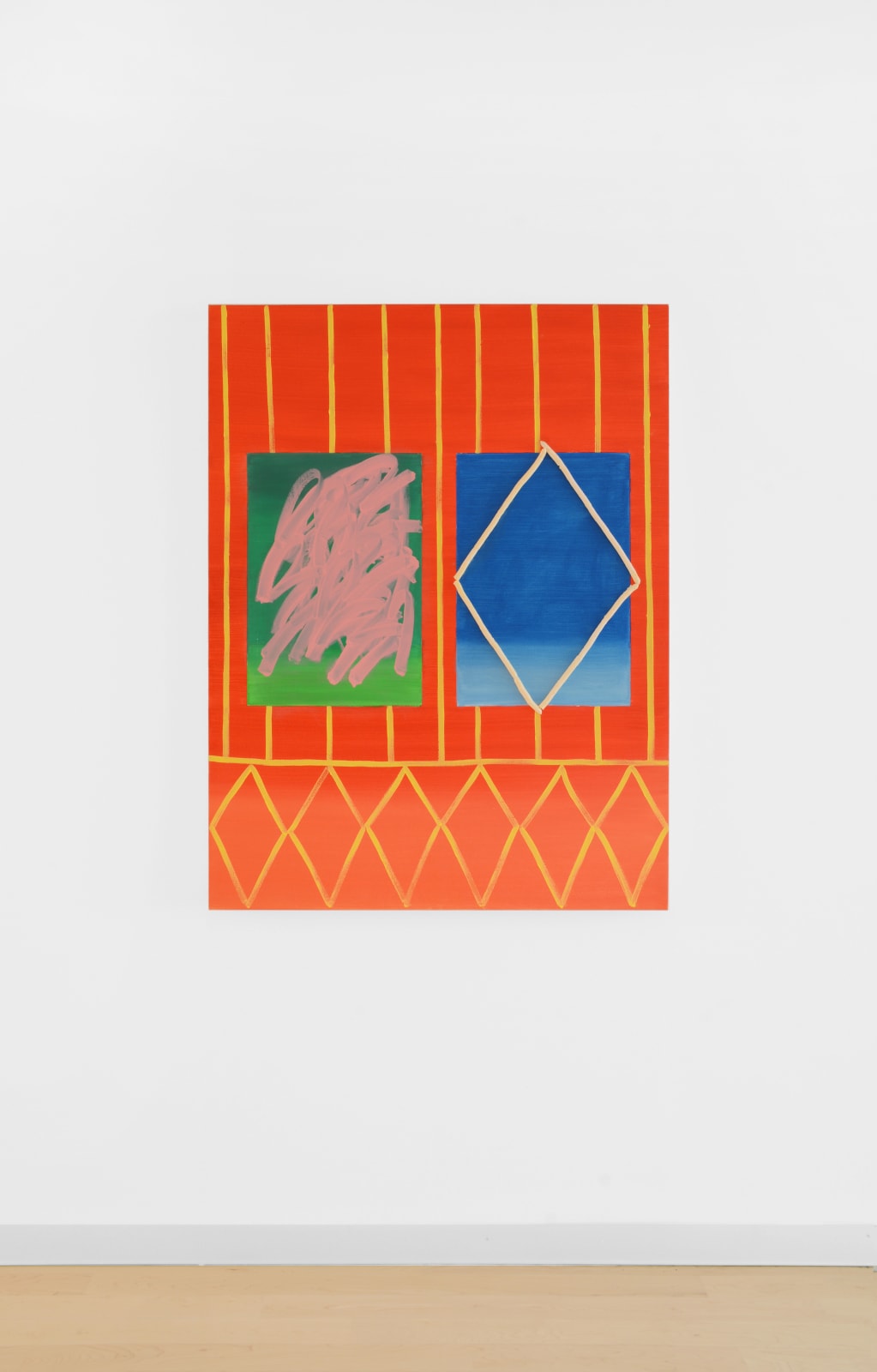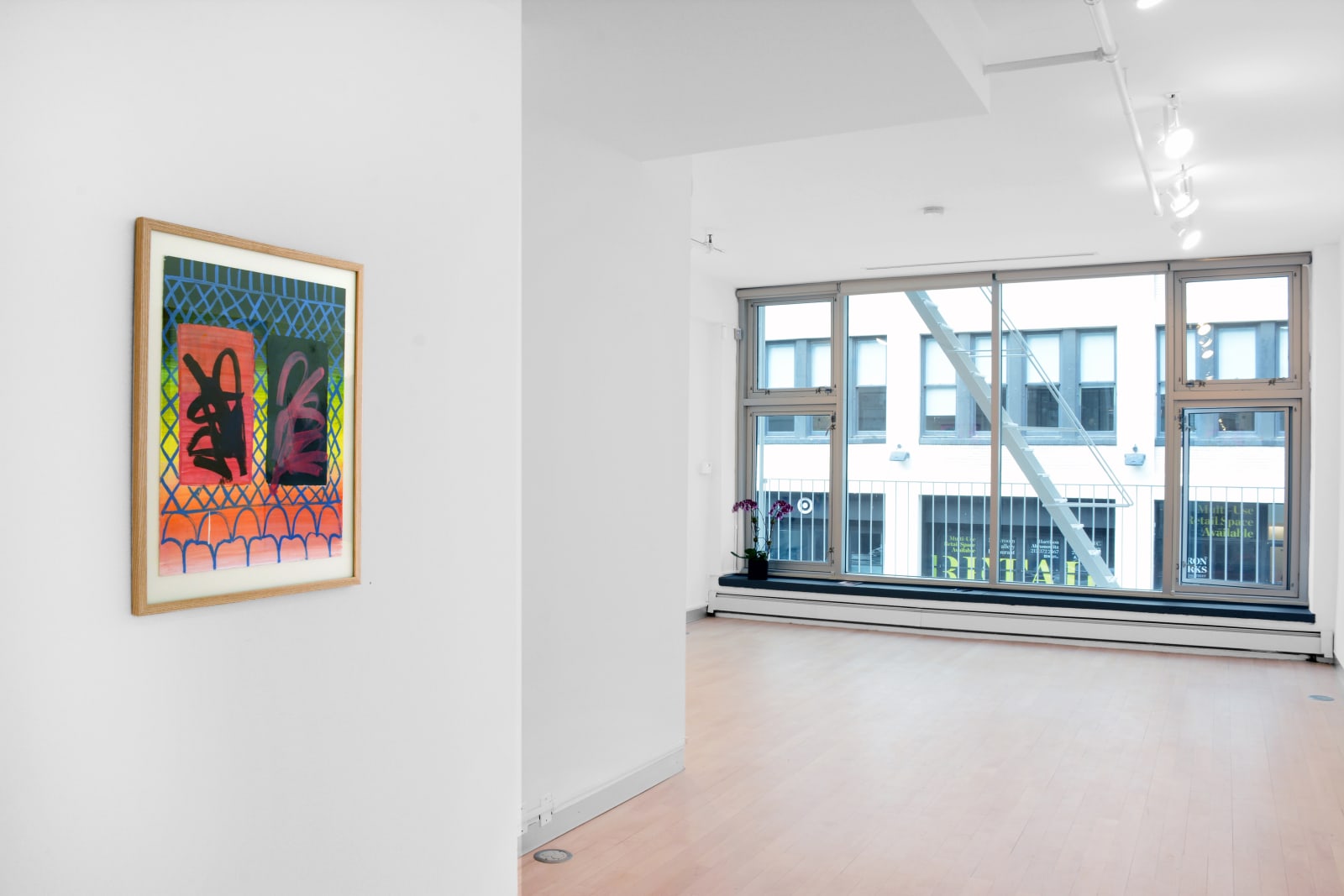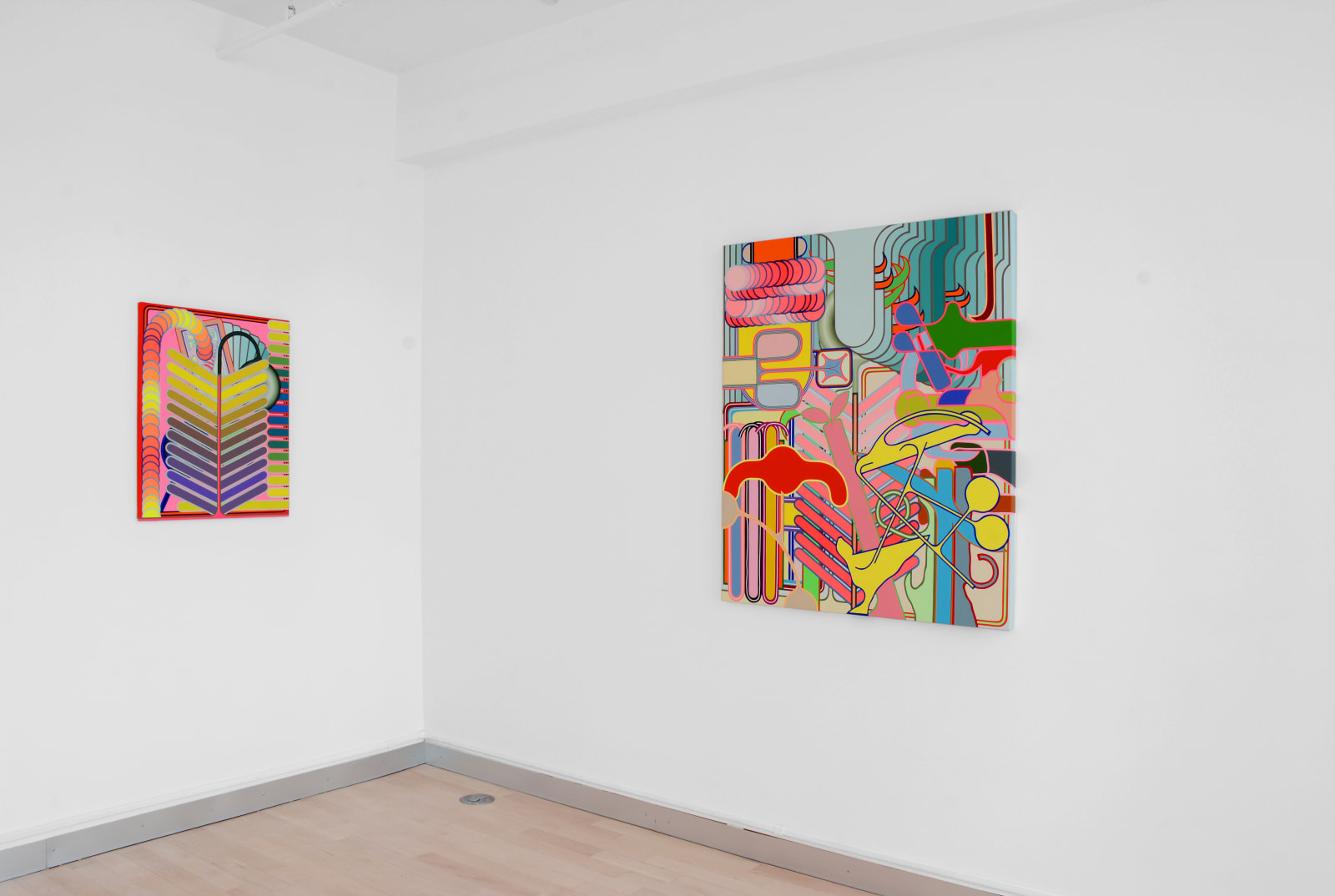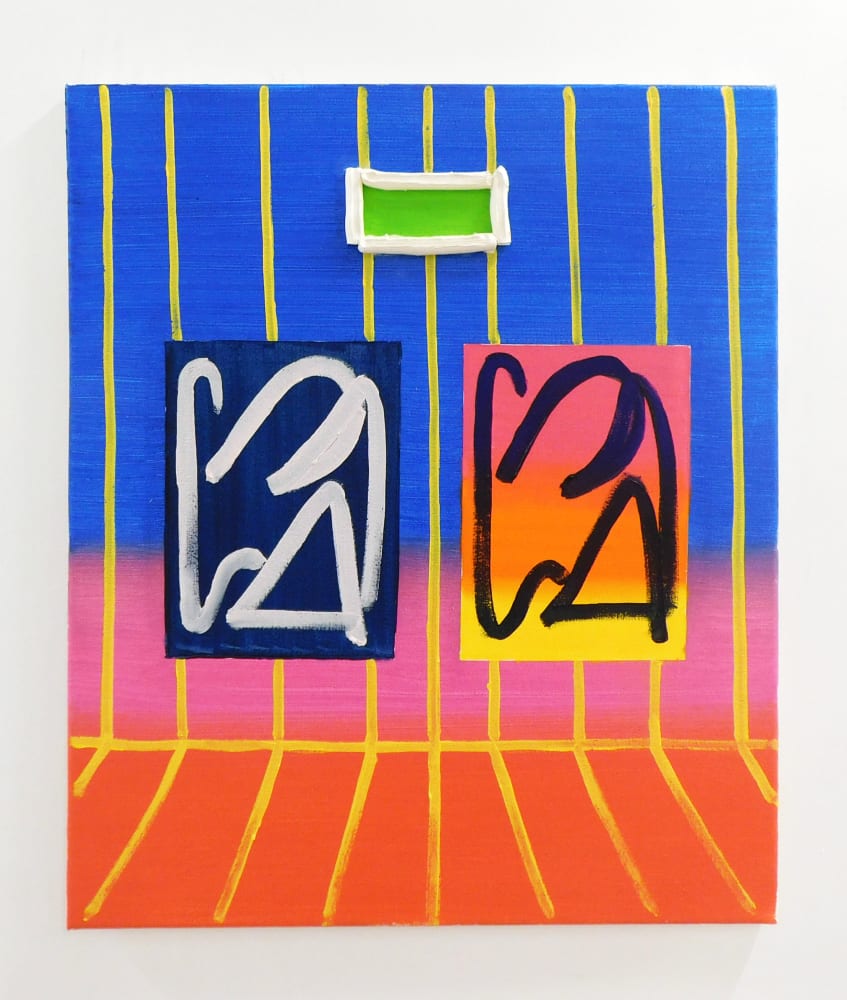
The gallery will inaugurate the new location on October 24, 2019 with the opening of Breaking the Frame, a group exhibition of work by contemporary artists Leah Guadagnoli, Dana James, Justine Hill, Eric Shaw, and Jason Stopa.
Hollis Taggart announced today that it will open a new location in Chelsea on the second floor of 514 W. 25th Street. The news follows the gallery’s announcement in the summer of 2019 that it has hired Paul Efstathiou as Director of Contemporary Art to lead the gallery’s growing contemporary division, which operates under Hollis Taggart, Contemporary. The new 2,000-square-foot space will serve as the home base for the division, with historic works also presented to support the exploration of ongoing formal and conceptual dialogues across time, genre, and artist. The new W. 25th Street location replaces Hollis Taggart’s temporary space at the High Line Nine, which it operated for nearly a year before determining to establish this more permanent space, signaling the ongoing expansion of its primary market business. Hollis Taggart retains its flagship location at 521 W. 26th Street, which will continue to emphasize work by important historic American artists, from across Modernism and the Post-War era, as well as its private viewing and storage facility, also located in the neighborhood.
“Over the last year, we’ve taken the time to assess the future of the gallery, using the Project Space at the High Line Nine to...
Hollis Taggart announced today that it will open a new location in Chelsea on the second floor of 514 W. 25th Street. The news follows the gallery’s announcement in the summer of 2019 that it has hired Paul Efstathiou as Director of Contemporary Art to lead the gallery’s growing contemporary division, which operates under Hollis Taggart, Contemporary. The new 2,000-square-foot space will serve as the home base for the division, with historic works also presented to support the exploration of ongoing formal and conceptual dialogues across time, genre, and artist. The new W. 25th Street location replaces Hollis Taggart’s temporary space at the High Line Nine, which it operated for nearly a year before determining to establish this more permanent space, signaling the ongoing expansion of its primary market business. Hollis Taggart retains its flagship location at 521 W. 26th Street, which will continue to emphasize work by important historic American artists, from across Modernism and the Post-War era, as well as its private viewing and storage facility, also located in the neighborhood.
“Over the last year, we’ve taken the time to assess the future of the gallery, using the Project Space at the High Line Nine to experiment and to consider the ways in which we want to invest time, energy, and resources. We’ve seen time and again that very little supersedes the experience of connecting with a work of art in real life, and so continuing to thoughtfully expand our physical presence is the natural and right decision. At the same time, the new location allows us more freedom to develop our contemporary division, and to create more robust synergies between the presentations of historic work for which we have come to be known and the work of contemporary artists, who are continuing to extend those creative dialogues forward,” said Hollis Taggart, gallery President. “We know that flexibility and fluidity will continue to be essential to success, both in regard to what we want to achieve and within the broader landscape. We are excited for this expansion and for the next chapter.”
The gallery will inaugurate the new location on October 24, 2019 with the opening of Breaking the Frame, a group exhibition of work by contemporary artists Leah Guadagnoli, Dana James, Justine Hill, Eric Shaw, and Jason Stopa. Breaking the Frame explores the ways in which the featured artists are engaging with the physicality of traditional painting, from the incorporation of illusionistic brushwork to the use of architectural motifs to the layering and morphing of materials to create depth and alter form. The exhibition also highlights new approaches within abstract painting, considering how today’s practitioners continue to engage with the aesthetic and conceptual underpinnings of significant art movements such as Abstract Expressionism and Minimalism as well as the ongoing relevance of geometric painting and the shaped canvas.
In his paintings, Stopa combines architectural motifs such as windows, fences, and arches with gestural brushwork. In doing so, he confuses the spatial relationships within the surface plane and produces an ambiguity around the confines of the canvas itself. Hill, alternatively, melds painterly mark-making with the effects of the shaped canvas, creating sculptural compositions that evoke in instances three-dimensional graffiti tags and in others organic life. Hill’s forms, which interact dynamically with the wall and project into the viewer’s space, evolve from hand-made sketches that she develops further in photoshop and then translates into paint. James, who often finds inspiration in her memories of suburban landscapes, cuts up her paintings and reassembles them into new multi-part constructions, leaving visible seams that are sometimes paired with scar-like scribbled marks.
Guadagnoli and Shaw more deliberately reference the environment around them with allusions to architecture, graphic design, and urban spaces. Guadagnoli’s textured pastel-hued relief-paintings are inspired by Greek diner logos and Swahili architecture. Influenced by commercial design and logos seen throughout New York City, Shaw’s paintings are filled to the brim with maze-like networks of interlocked abstract forms. Rather than physically projecting his works forward into space, Shaw creates an illusion of depth by building up his imagery in layers. Before beginning each new layer, he photographs the painting and then digitally draws on the photographed image to experiment with new shapes before adding them to the canvas.
Using vibrant, expressive colors, the featured painters create abstractions that are layered with references—sometimes to the artistic process and other times to the world around them. Whether by incorporating painting into architectural space, activating the wall with a shaped canvas, evoking graphic design seen on the city streets, or using the processes of collage, drawing, or digital tools, these artists share a commitment to a practice that challenges painting’s traditional confines. Breaking the Frame is organized by Efstathiou, and curated by Jillian Russo, Hollis Taggart’s Director of Exhibitions. It will remain on view through December 14, 2019.
For more information about Breaking the Frame, please contact us at info@hollistaggart.com or +1 212.628.4000. For press inquiries, please contact Alina Sumajin, PAVE Communications & Consulting at alina@paveconsult.com, 646.369.2050.
